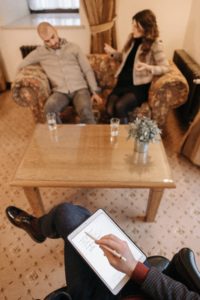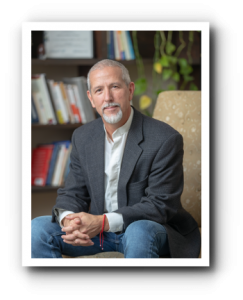My Approach to Couples Therapy, Pt 1

Prospective clients often ask me what my approach is to marriage or relationship counseling. I’m always glad to answer their questions. Four features define my approach to couples therapy.
“Couples Therapy”
First, I use “couples therapy” instead of marriage counseling because a growing number of couples in committed relationships do not get legally married. Besides, some couples are committed to each other but do not live together. They care about their relationship and seek help when its troubled. “Couples therapy” is more inclusive.
I prefer couples therapy to relationship counseling for two reasons. “Relationship” is a broad term. We have relationships with family members, friends, co-workers, neighbors, and others. While the skills learned in couples therapy apply to other relationships, the focus of couples therapy is on partners in a committed relationship.
I also prefer “therapy” over “counseling.” Counseling is often about the counselor giving advice. The counselor is active. The couple passively receives the counselor’s advice and either takes it to heart or dismisses it.
In my approach to couples therapy, therapy is a verb. It means “to attend to, serve, and care for.” It’s work the couple and I do together. Together we attend to, serve, and care for their coupleness with the intention of making it happier.

What Couples Therapy Is Not and Is
Secondly, couples therapy is not—
- Me judging which partner is right or wrong.
- Me fixing one partner or the other partner or their relationship.
- The couple passively receiving advice from me.Thirdly, couples therapy is—

- The partners and I teaming up together to happy their relationship. Our focus is on their coupleness, not one partner or the other. I’m not their judge.
- The couple deepening their understanding of themselves as individuals, the strengths of their relationship, and what’s damaging their relationship
- The couple learning in session how to better listen to, talk with each other, and love each other.
- Hard work. It requires both partners to unlearn harmful habits and learn healthier ones that help happy their coupleness.
The Method I Use
Finally, I’m trained in the most effective method of couples therapy: The Gottman Method. I prefer it because it is researched-based, relationship-focused, partner-focused, and emotion validating. Prior to John and Julie Gottman’s method, marriage counseling and other methods had about a 50% success rate. The Gottman Method increased that rate to 75%.
My Next Post
In my next post, I’ll say more about the Gottman Method and describe what the therapy process and sessions look like.
If you or someone you know needs couples therapy, I offer a FREE 30-Minute Consult. Learn more at https://markwneville.com/marriage-counseling-couples-therapy/


